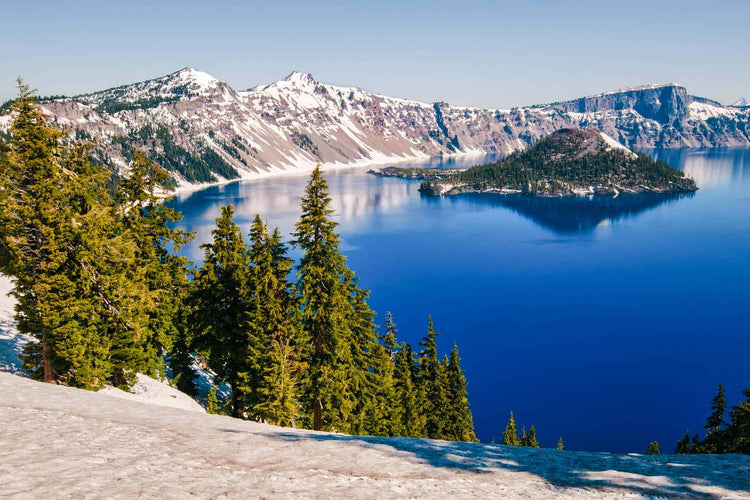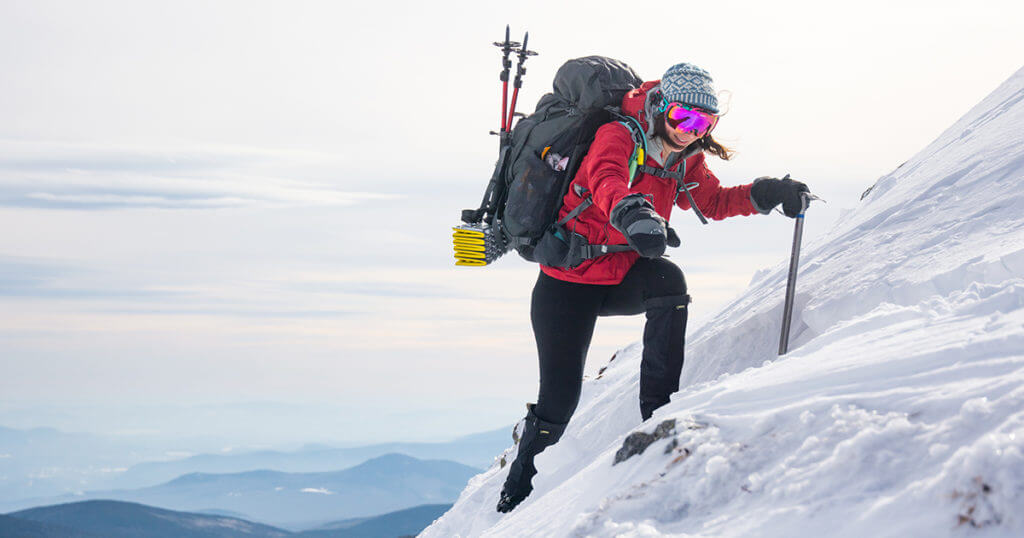Winter camping can be an amazing experience, with snow-covered landscapes and crisp air providing a serene backdrop for outdoor adventures. However, it also poses unique challenges and requires proper preparation to ensure a safe and enjoyable trip. In this ultimate guide to winter camping, we'll provide tips and tricks to make your trip cozy and comfortable.
-
Plan Ahead: Research the area where you plan to camp and check weather conditions, trail maps, and avalanche risks. Make sure to inform someone of your itinerary and expected return date. Bring a compass or GPS device, and learn how to navigate in snowy conditions.
-
Pack the Right Gear: Proper clothing and equipment are essential for staying warm and dry in the winter. This includes insulated sleeping bags, moisture-wicking base layers, waterproof jackets, gloves, and hats. Don't forget essential gear like snowshoes or crampons, and bring a stove for cooking hot meals and drinks.
-
Stay Warm: Layering is key to staying warm in cold temperatures. Start with a moisture-wicking base layer, add an insulating layer, and finish with a waterproof and windproof outer layer. Make sure to keep your extremities warm with gloves, hats, and thick socks. Don't forget to pack hand warmers and a hot water bottle to keep your sleeping bag warm at night.
-
Set Up Camp: Choose a sheltered campsite away from any potential hazards like avalanche paths or falling trees. Pack down the snow where you plan to pitch your tent, and use a groundsheet to prevent moisture from seeping into your tent. Set up a tarp over your tent to provide extra protection from wind and snow.
-
Stay Safe: Winter camping comes with its own unique set of risks, including hypothermia and frostbite. Make sure to stay hydrated and well-fed, and avoid sweating by adjusting your layers as needed. Keep an eye on each other and watch for signs of hypothermia, such as slurred speech or confusion. In case of an emergency, make sure to have a plan in place and carry communication devices like a satellite phone or radio.
-
Enjoy the Outdoors: Winter camping offers unique opportunities for outdoor activities like snowshoeing, cross-country skiing, and ice fishing. Bring appropriate gear and plan your adventures around daylight hours. Take breaks to warm up and enjoy hot drinks and snacks.
-
Leave No Trace: Always practice Leave No Trace principles when camping in the winter. Pack out all trash and waste, and avoid damaging fragile ecosystems. Use established campsites and trails to minimize your impact on the environment.
In conclusion, winter camping can be a rewarding and unforgettable experience, but proper preparation and gear are essential for staying safe and comfortable. Plan ahead, pack smart, stay warm, and stay safe for a cozy and safe adventure in the snow.



